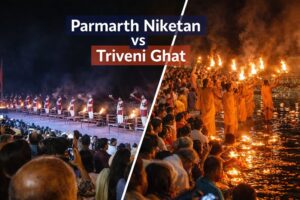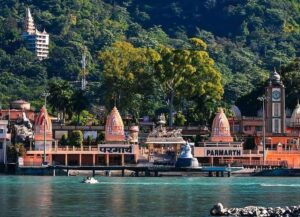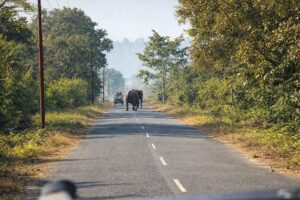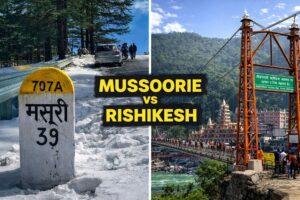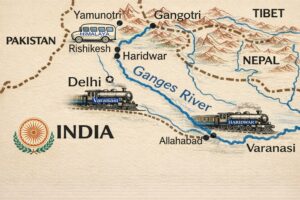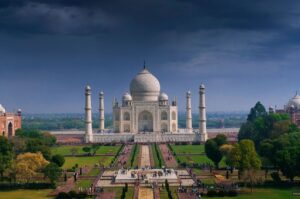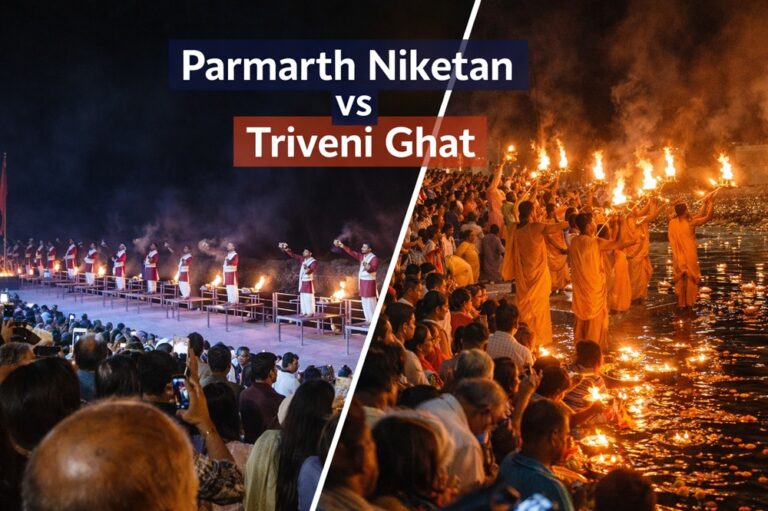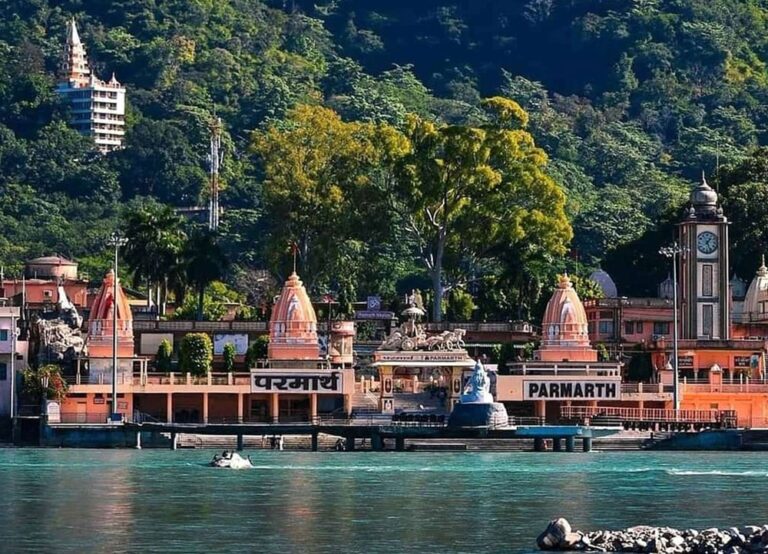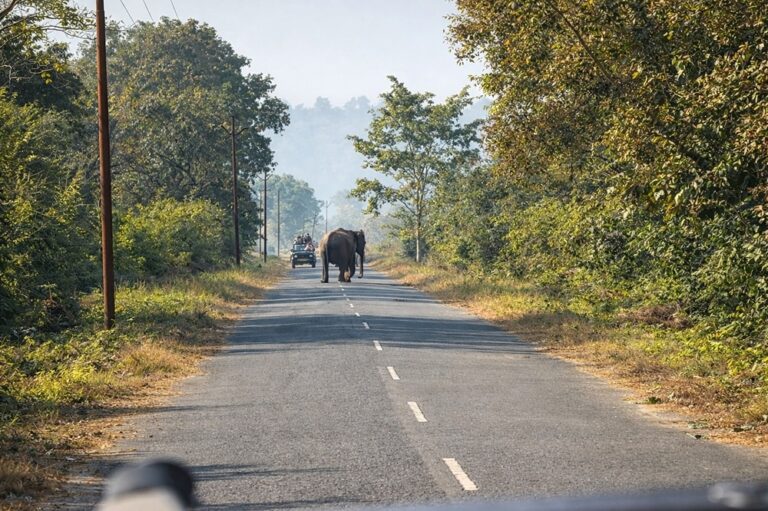Discover Srinagar Kashmir in India: City of Temples
Srinagar Kashmir, often referred to as the “City of Lakes” or the “Floating City,” lies at the heart of the Kashmir region in northern India. Founded by the great King Ashoka in the 3rd century BCE, it served as the summer capital of the state of Jammu and Kashmir (with Jammu as the winter capital), the northernmost region of India. Srinagar is also among the cities known as the “Venice of the East.”
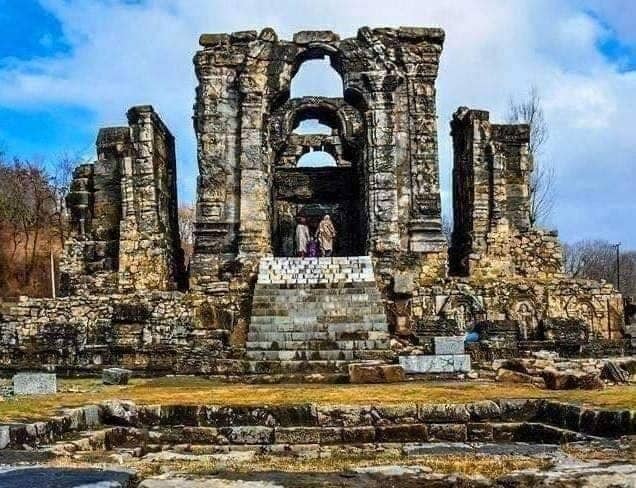
Hindu Temples in Sringar Kashmir
Srinagar Kashmir, the capital of Jammu and Kashmir, is home to several significant temples that hold cultural and religious importance. Here is a list of some prominent temples in Srinagar, Kashmir:
- Shankaracharya Temple: It is on a hill, this ancient temple is dedicated to Lord Shiva. It offers panoramic views of Srinagar and Dal Lake.
- Kheer Bhawani Temple: It is in the Tula Mula village. This temple is of Goddess Ragnya Devi. It is considered highly sacred by Hindus.
- Sheetla Mata Temple: It is the Goddess Sheetla, also known as Mata Sati. It holds significance for the local Hindu community.
- Sharika Devi Temple (Hari Parbat): Although not exactly in Srinagar. it is on the Hari Parbat hill and is dedicated to Goddess Sharika. It is the presiding deity of Srinagar.
- Gurdwara Shaheed Bunga: While not a temple in the traditional sense, this Sikh shrine is an important place of worship for the Sikh community in Srinaga
- Pandrethan, about 6.5 km from Srinagar, was once an ancient capital of Kashmir. Today, you’ll find here a small but exquisite Shiva temple called the Meruvardhanaswami temple. Its stone roof has been chiselled out of a single piece of stone and inventively carved.
- The revered Raghunatha Temple is located near Fateh Kadal, situated on the Left Bank of the Jhelum River in the enchanting city of Srinagar, nestled within the captivating region of Kashmir.
- Martand Sun Temple, Anantnag Kashmir. It was built by karkota ruler Lalitaditya Muktapida in 8th Century AD
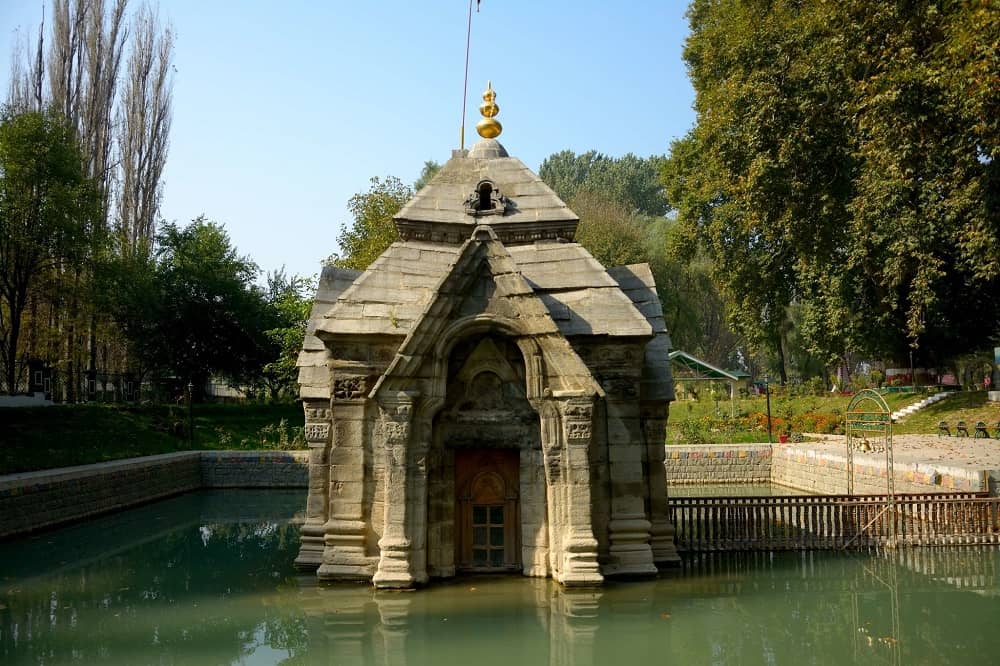
Geographical Beauty of Srinagar:
Srinagar Kashmiris perched at an altitude of 1620 meters within the Kashmir Valley, along the banks of the Jhelum River.
Surrounded by majestic mountains, the city sits in a serene valley adorned with vibrant rice fields, clear blue lakes, and the silvery reflections of Chinar leaves – the local plane trees. The iconic Dal Lake serves as its centerpiece, surrounded by smaller lakes, canals, and waterways where the renowned shikara boats, reminiscent of Kashmir’s gondolas, navigate.
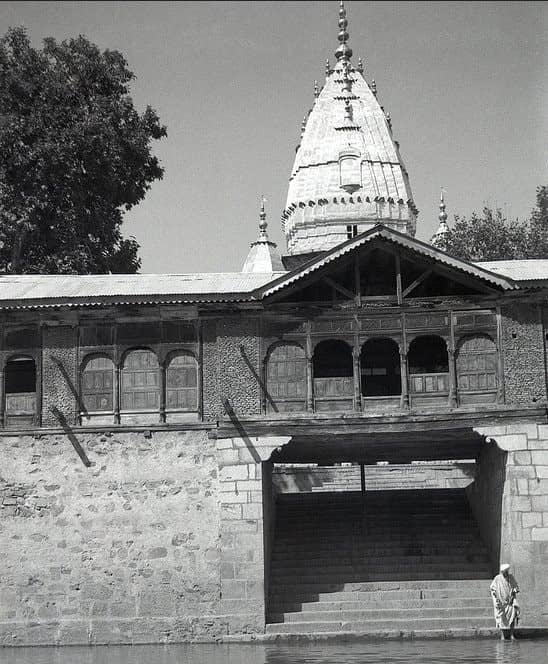
Local Crafts:
Srinagar Kashmir is famous for its natural surroundings, Mughal gardens, lakeside promenades, mosques, and the unique houseboats. The local crafts are deeply rooted in tradition, with wool and silk carpets, Kashmiri textiles, shawls, and intricate embroidery being prominent. The city’s artisanal offerings also include finely crafted woodwork, silverware, and local fruits.
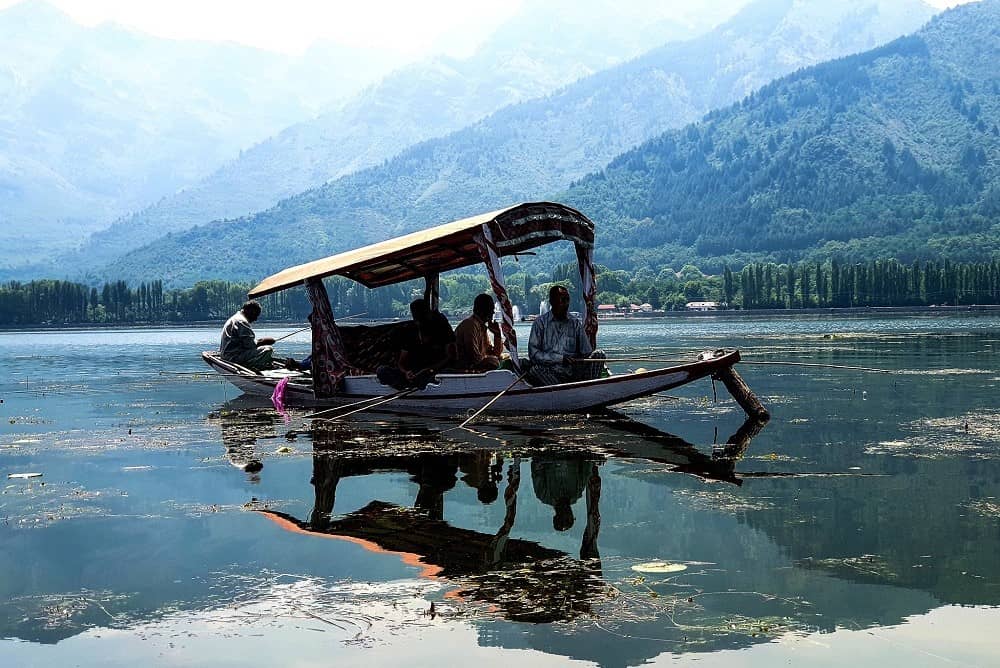
A Beloved Destination:
Srinagar Kashmir holds a special place in the hearts of both Indian and international travelers. It is a popular honeymoon destination, particularly in May, for newlyweds from India. Western tourists and travelers, on the other hand, flock to Srinagar throughout the summer to immerse themselves in its beauty.
Cinematic Charms of Srinagar:
Srinagar Kashmir’s captivating beauty, especially Dal Lake, has been a favorite backdrop for the thriving Indian film industry.
Numerous Bollywood movies, including Junglee, Jab Jab Phool Khile, Kashmir Ki Kali, and more, have been filmed in its enchanting settings. The images of actors and the films themselves have contributed to the city’s enduring popularity in the collective imagination.
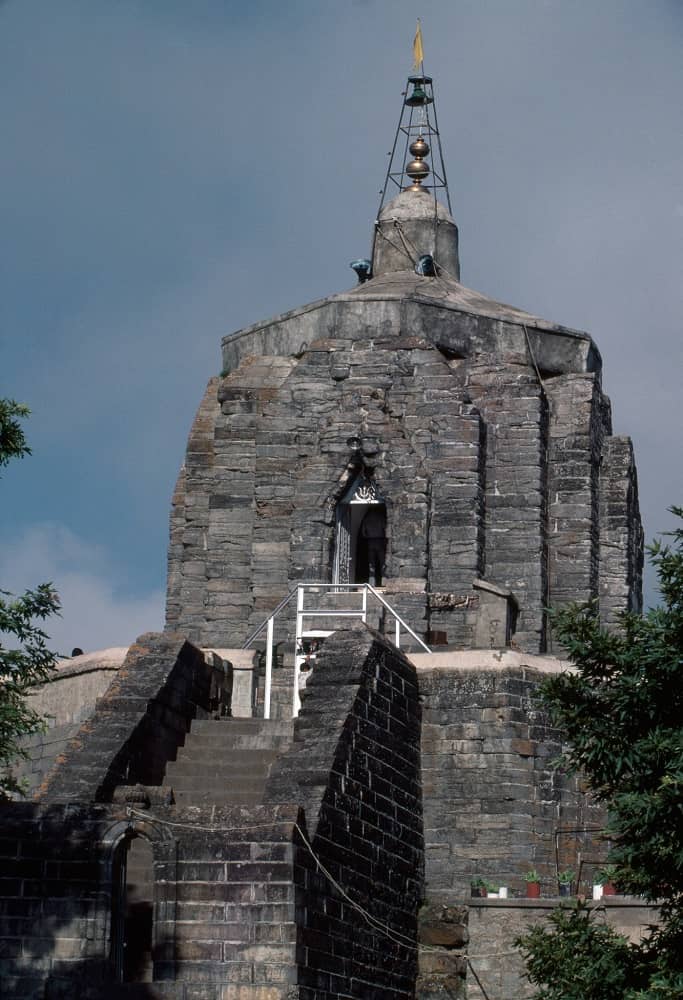
Origins of Srinagar:
The name “Srinagar” is derived from the Sanskrit words “Sri,” meaning Lakshmi (the goddess of wealth), and “Nagar,” meaning city – translating to the “City of Lakshmi.” The city’s history dates back to ancient times, with its founding attributed to King Ashoka or the Pandava dynasty.
Over the centuries, Srinagar transitioned through the rule of various dynasties, from the Mauryas to the Mughals, and later Sikh and Durrani rulers.
Mosques and Gardens:
Srinagar, although once with a Buddhist influence due to its origins, has predominantly been an Islamic city for several centuries. Noteworthy mosques include the Hazratbal Mosque, the Shah-i-Hamadan Mosque (the oldest in the city), and the Jama Masjid. The Shankaracharya Temple, dedicated to Lord Shiva, stands atop a hill and offers panoramic views.
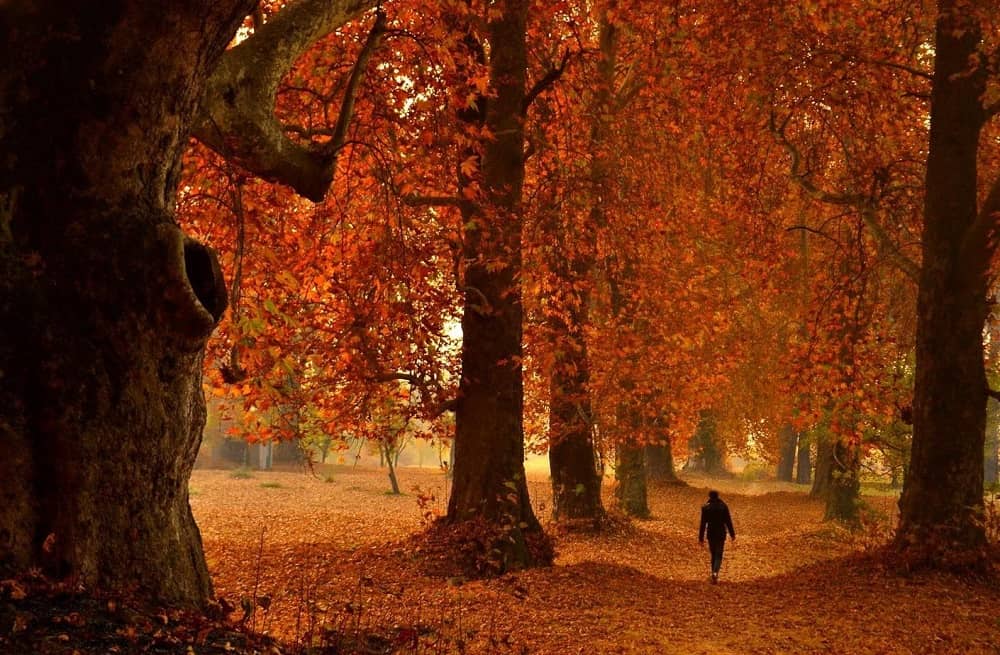
Mughal Gardens:
Srinagar is famous for its Mughal-style gardens that beautifully complement the city’s natural beauty. The Shalimar Bagh, Nishat Bagh, and Chashma Shahi are prominent examples of these terraced gardens with flowing water, fountains, and cascades, each offering a unique vantage point to admire Dal Lake.
When to Visit and Practical Information:
- The best time to explore Srinagar is during the summer months. Rroughly from May/June to September/October when the climate is pleasant and rainfall is limited.
- While July and August can see temperatures reaching 30°C, the summer is generally mild and refreshing. The winter months of December, January, and February are colder, with possible snowfall – a reminder that Srinagar sits at an elevation of 1600 meters.
Accommodation
Travelers typically opt to stay in the famous houseboats on Dal Lake for a unique and peaceful experience. These houseboats provide an escape from the city’s hustle and bustle while offering warm hospitality. For those who prefer other accommodations, guesthouses, homestays, and hotels of varying categories are available.
Sringar Airport
Air travel is the most convenient way to reach Srinagar, with the Sheikh ul Alam Airport offering direct flights to Delhi, Amritsar, Mumbai, and Chandigarh. However, be prepared for rigorous security checks due to the region’s political sensitivities.
While Srinagar’s roads may present challenges, with rugged mountain passes and occasional delays. They remain a viable option for those who wish to explore the remote Kashmir Valley.
Conclusion:
Srinagar stands as a testament to the region’s rich history, diverse culture, and breathtaking beauty. From its serene lakes and Mughal gardens to its mosques and enchanting houseboats. Srinagar Kashmir offers a unique blend of natural splendor and architectural wonders.
As the city continues to evolve amidst geopolitical dynamics. it remains an alluring destination for those seeking to immerse themselves in the allure of the “City of Lakes.”
Srinagar Kashmir Srinagar Kashmir Srinagar Kashmir Srinagar Kashmir


